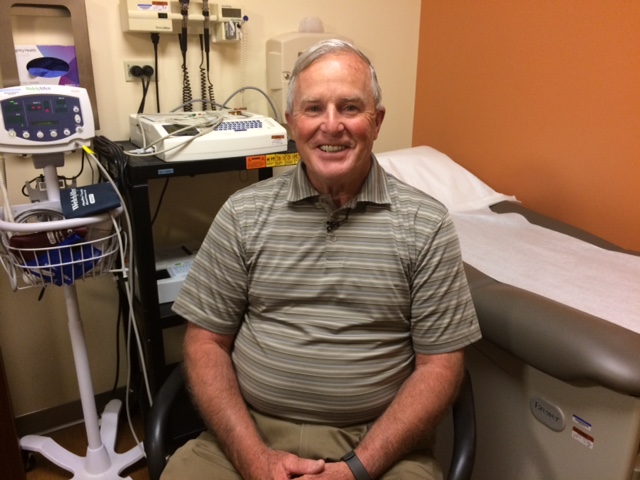PHOENIX - There's a pioneering, landmark Alzheimer's study being conducted in the greater Phoenix area.
"In recent years, we have experienced very disappointing results in treatments for patients who have dementia due to Alzheimer's," Marwan Sabbagh, MD, director of the Alzheimer's and memory disorders division at the Barrow Neurological Institute (BNI) said.
So, BNI is attacking Alzheimer's and early onset Alzheimer's disease by trying to find out what's going on in the brain before the symptoms of dementia and Alzheimer's begin. Known as the Anti-Amyloid in Asymptomatic Alzheimer's Study, the study seeks to delay Alzheimer's-related brain damage and curb memory loss before any outward signs develop.
To begin to achieve those goals, Barrow researchers are looking for healthy people between the ages of 65 and 85 with normal memory to join the study.
Greg Allen, 68, a retired civil engineer from Coronado, California, recently joined the study. He travels monthly to the BNI in central Phoenix to be evaluated by research staff.
"I'll either know that I have the potential of getting Alzheimer's and memory loss, dementia,' Allen said. "Or I don't have it all and I'll feel better about that, too."
Eventually researchers hope to develop a drug therapy which will be able to target people who do not display the typical Alzheimer's symptoms until irreversible damage has occurred.
"The idea here is we're going to detect people who are having those changes occurring by scans, but not having symptoms yet,' Dr. Sabbagh explained. "We can hopefully intercede before they start to have symptoms."
Potential study participants are asked to call 602-406-7165 to schedule a screening.


